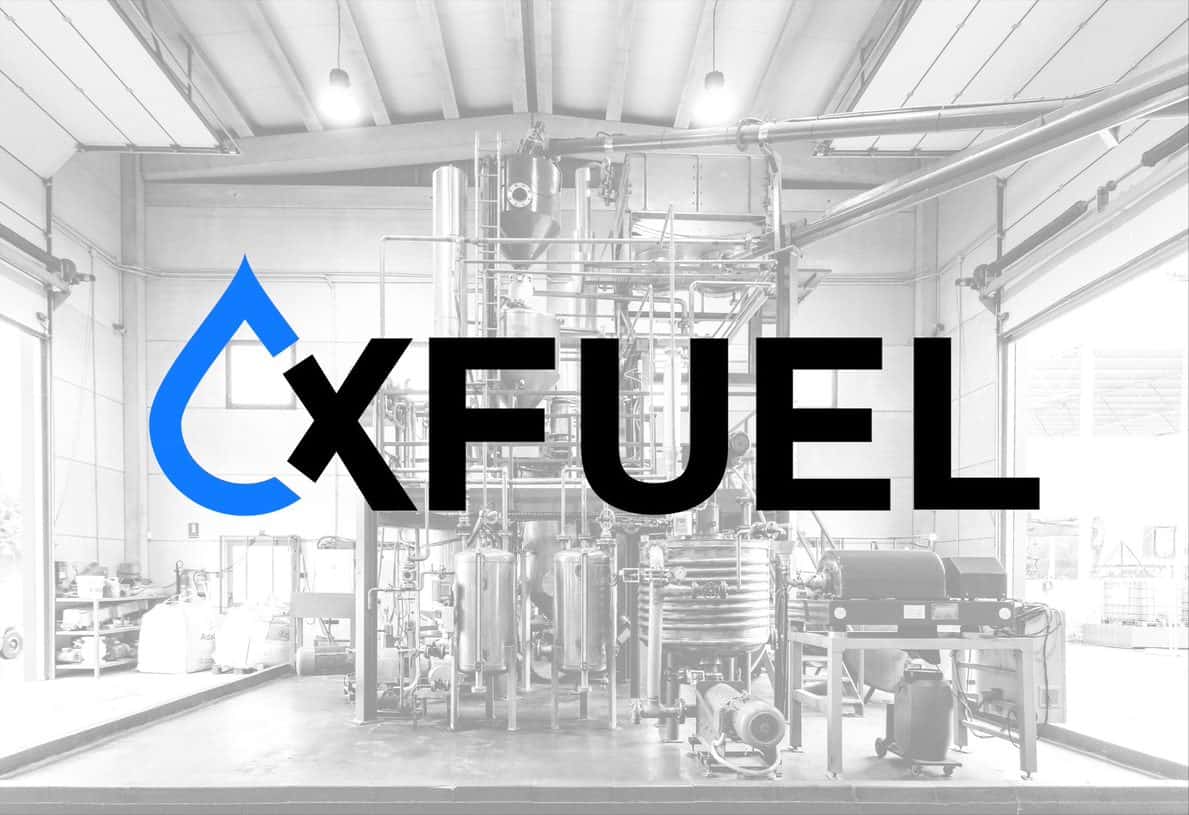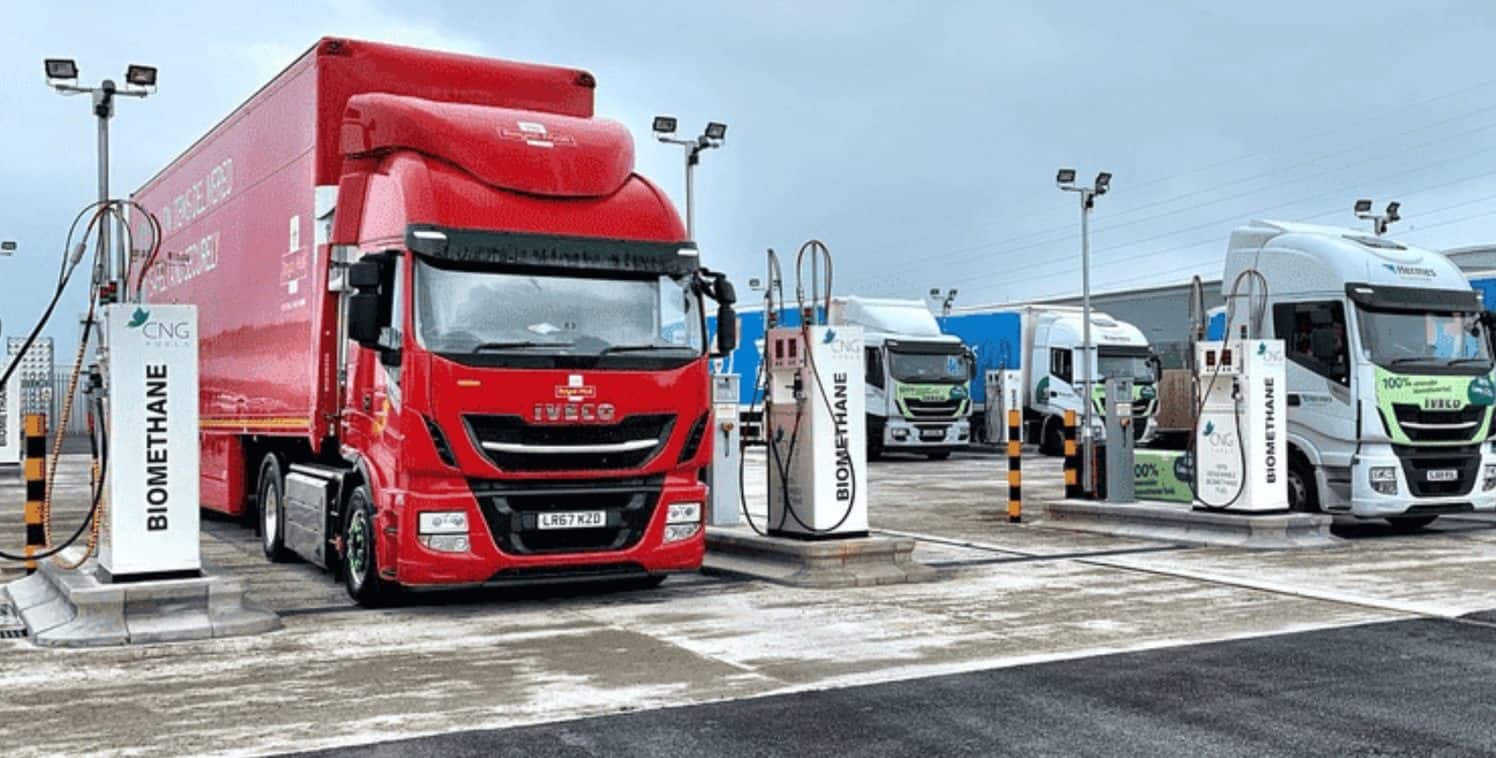Biofuels: unlocking sustainable transport solutions

The world has warmed by 1.2°C since 1900, driving ever more extreme weather events such as droughts, heatwaves, record-breaking temperatures, wildfires and floods, displacing millions of people. The Chair of the Intergovernmental Panel on Climate Change, Hoesung Lee, has called 2022 a crossroads year, saying, “the decisions we make now can secure a liveable future. We have the tools and know-how required to limit warming”. He’s referring to innovations like tandem solar cells and eco-friendly products like biofuels.
Though their importance in the fight against the climate crisis is underrepresented, biofuels have the potential to take on one of the toughest clean energy challenges: transportation. According to the International Energy Agency, transportation accounts for 37% of global CO2 emissions, and has the highest reliance on fossil fuels of any sector.
Transport is complex: from the cars we commute in, to the ships that support global trade, the planes that connect the world, and the HGVs that deliver goods to our homes. Decarbonising transport is key to reaching net zero, but it requires a multi-solution approach. Along with the electrification of vehicles and development of green hydrogen, we need biofuels. Here’s the Greenhouse guide to the biofuels future, and three companies innovating in the renewable fuels industry:
1. Mission Innovation
2. XFuel
3. CNG Fuels
What are biofuels?
Biofuels are liquid fuels such as biomethane, ethanol, and biodiesel, which act as replacements for petrol, diesel, and even jet fuels. They’re produced from biomass, a renewable organic material sourced from food waste, or other forms of organic waste, broken down through fermentation.

But aren’t biofuels unsustainable?
The short answer is no. ‘First-generation biofuels’ were made from crops such as maize, sugar cane and rapeseed, which limited the industry’s sustainability credentials and scalability. These biofuels drove deforestation and excessive water use, and ultimately failed as a viable solution.
But the biofuels industry has undergone an immense transformation over the past decade and second-generation biofuels are now well established. These are produced through residual and waste products such as food waste or manure, which has dual benefits: the industry is no longer reliant on farming crops to produce fuel, and by using waste products, these are saved from polluting rivers or being sent to landfill.
Why not wait for hydrogen-fuelled and electric transport?
Future fuels and technologies, such as clean hydrogen, still require huge amounts of research, development, and demonstration before becoming commercially viable – although green hydrogen is a future technology that will undoubtedly play a major role in the rapid decarbonisation of key sectors, including shipping and heavy goods transport.
Governments globally are taking urgent action to encourage drivers to adopt electric vehicles, but – though electrification remains critical to the decarbonisation of transport, enabling zero-emission last mile delivery of goods and cutting emissions from cars, vans, trucks and even bikes, there are many challenges to overcome to make it an effective solution for the likes of aviation, shipping, and heavy goods transport. For example, the weight and size of batteries, as well as energy density. Electrification is simply not a silver bullet solution that is viable today for every form of critical transport that drives the world’s economy.
Keeping 1.5°C degrees of warming within reach requires action today: we can’t wait for new and emerging technologies to become commercially viable before we begin decarbonising key sectors. Biofuels are available to deliver immediate emissions cuts.
What’s holding the world back from using biofuels?
The transport sector calls for multiple fuels, rather than accepting a singular fuel as the go-to for all sectors. This leads to complexities within mass deployment across sectors. Creating a zero-emission shipping future, for example, requires new port infrastructure and ships. The same goes for aviation and heavy goods transport. Tax exemptions, new standards and forward-thinking policies will be key to unlocking future fuels. Here are three organisations driving forward renewable fuels:
1. Mission Innovation

As a global initiative comprising 23 countries and the European Commission, Mission Innovation aims to catalyse a decade of action and investment in research, development, and demonstration through public-private innovation alliances, known as Missions.
Its Integrated Biorefineries Mission addresses the growing need accelerate bio-based fuels. The Mission aims to develop and demonstrate innovative solutions that will accelerate the commercialisation of integrated biorefineries, with a goal to replace 10% of fossil-based fuels, chemicals, and materials with bio-based alternatives by 2030.
2. XFuel

A start-up with technology to make a difference, XFuel is championing the scalability of biofuels for major sectors, including road transport, shipping, and aviation. The company’s patented technology turns biomass waste into a clean drop-in, low-carbon advanced fuel (aka second-generation biofuel).
XFuel can produce fuel efficiently, at a low-cost, that cuts emissions by 85% when compared to fossil-based fuel production, with a goal to develop carbon-neutral or even carbon-negative future fuels. On a mission to decarbonise the transport industry, XFuel is producing the fuel we need to do so.
3. CNG Fuels

Biofuels are already making a difference. CNG Fuels have refuelling stations around the UK, enabling major companies, such as Waitrose, Warburtons, Aldi, and Royal Mail, to cut emissions from their fleets by more than 90%, while saving up to 40% on lifetime fuel costs compared to diesel.
The company is also ready for the future, preparing sites for future fuels by hosting trials to ensure that when technologies such as hydrogen or electric become commercially viable, the infrastructure is already in place. CNG Fuels’ infrastructure has showcased the impact that can be made by adopting solutions that are available today.
There is no one-size-fits-all solution to decarbonising such a complex industry but making major emission cuts is viable today. Find out more about companies that are driving the world towards net zero here:


